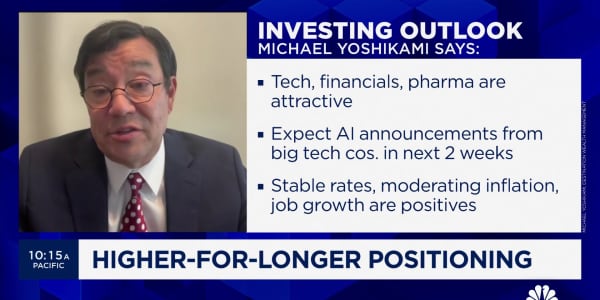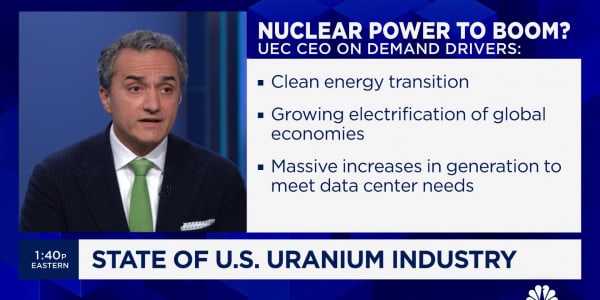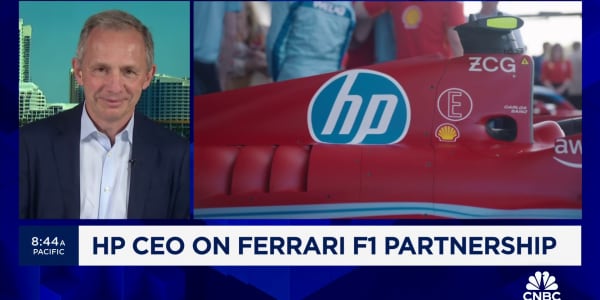Three former U.S. Treasury secretaries agree: the U.S. has plenty of problems, but it's still in a dominant global position.
"We're a bright spot in the global economy," Henry Paulson, the former Goldman Sachs chief who worked for President George W. Bush, said Monday at the Milken Institute Global Conference in Los Angeles.
Paulson noted that steady, if slow, economic growth since 2009 and rising home prices as examples of America's enviable position compared to other countries.
"I'd rather invest in the United States than any other country in the world. We have tremendous comparative advantage," added Robert Rubin, the former Citigroup executive who served under President Bill Clinton.
Timothy Geithner, who served under President Barack Obama, echoed the sentiment: "If you look at the challenges we face as a country, they are pretty historic challenges, and our politics are terrible. But I think you'd rather have our challenges than the challenges of any developed economy."
Read MoreTrust robots with money, not 'emotional' humans
The three men were quick to note America's many challenges.
Among the problems discussed were creating more jobs, reducing income inequality, unclogging the political process in Washington, D.C., dealing with climate change, and boosting international trade through better policies.
Some of those issues, like income inequality and stagnant wages, will be major themes of the 2016 presidential election, the men said during the discussion, which was led by Facebook chief operating officer Sheryl Sandberg.
All agreed how important it is to get more done politically.
"The biggest risk to our economic outcomes in U.S. and the biggest risk to our relative position in the world are about Washington," Geithner said.
"Unless you can relax those constraints and rebuild that consensus, we will suffer a damaging and severe erosion in our capacity around the world to be a source of not just stability but fairness, rules of the game, basic security, things like that."
Read MoreBig money: 'Awfully dangerous' to take risk now
Paulson agreed, but offered some optimism about what a fix would mean.
"I don't see anyone out there that is going to overtake us as such a dominant force in the world if we fix our problems and lead by example," Paulson said.






